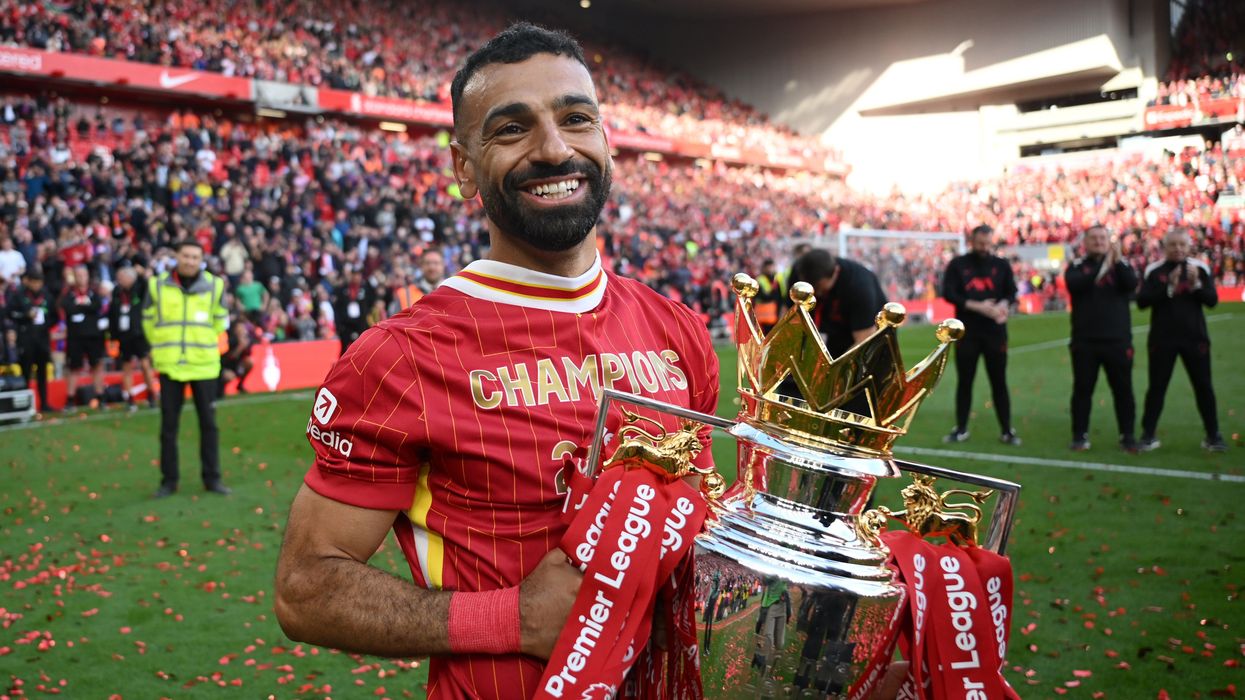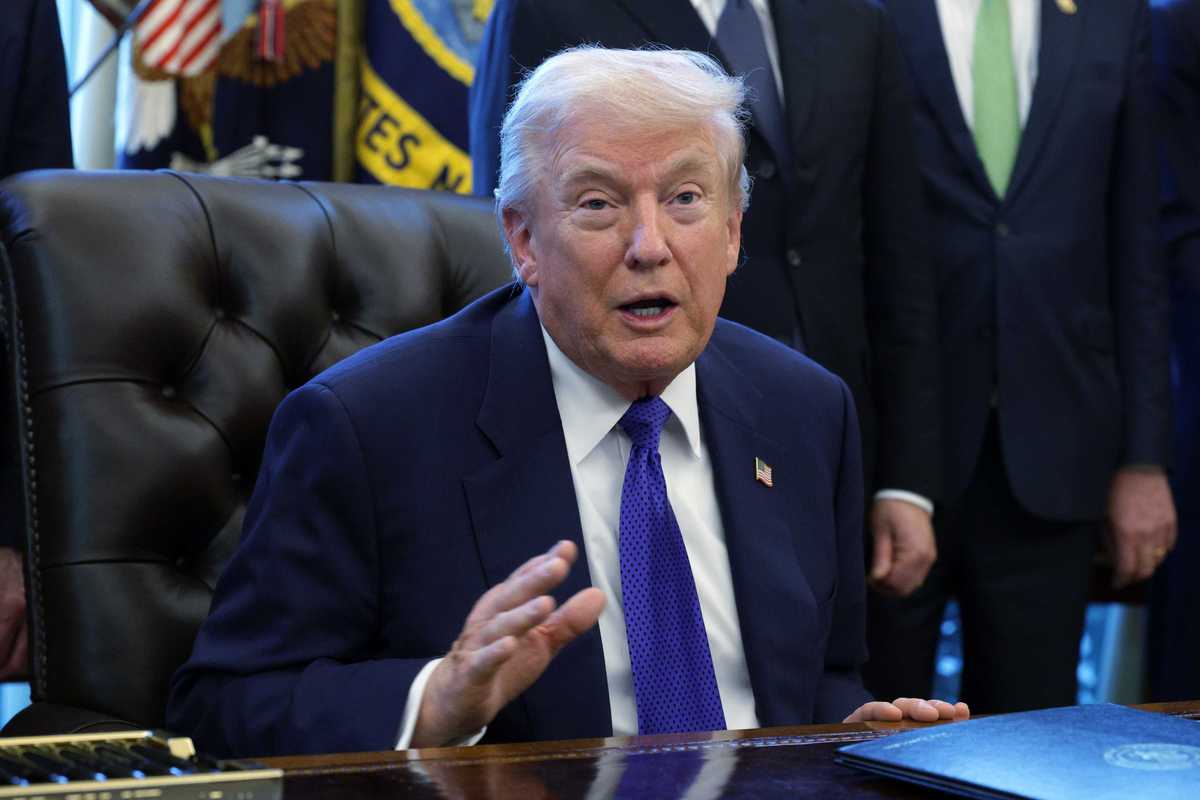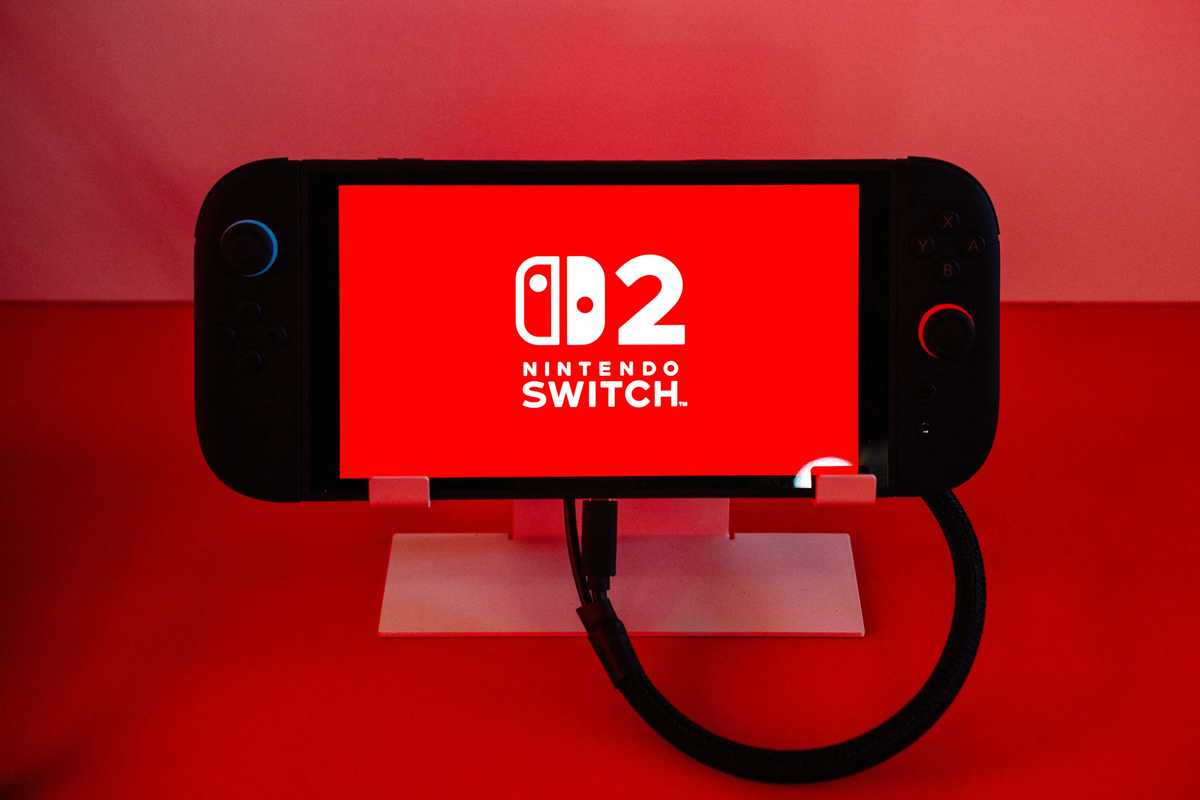Jake Brigstock
Aug 11, 2025
EPL Fantasy Focus - 2024/25 Season Review
Stats Perform Video / VideoElephant
A brand new season of Fantasy Premier League (FPL) is starting where players can sign up, get team names in, build a team and join private and public leagues for those all important bragging rights.
FPL, the official fantasy game of the world's most popular football league, is itself hugely popular across the world, played by millions and millions of people.
Although there is a high number of players and there are some new things to consider, such as more chips being available and the introduction of defensive points, some may be wanting to play it for the first time this season and aren't quite sure where to start or how it all works.
Here is indy100's comprehensive guide of what to do and how to get started.
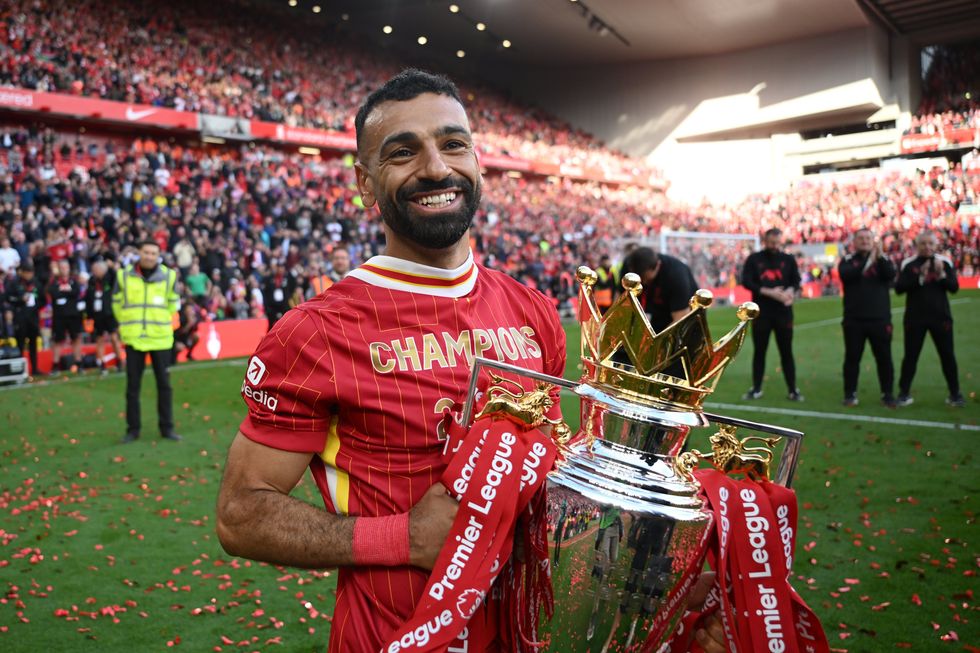
For those who are completely new to FPL, it's a game where players pick a squad of 15 players to score as many points as possible based on real-life performances in the Premier League.
Players can compete against friends, family and other players from around the world.
To get started, head to the Fantasy Premier League website or the 'Fantasy' section of the Premier League app and sign up with an email and password to get an account if you haven't got one already (existing players will be asked to verify details).
After that comes the daunting but fun bit - you then have to build a squad of 15 who you think will get the most points.
There's a lot to consider while building your team - we'll have tips and recommendations of specifically who to pick before the start of the Premier League season nearer the time, and ahead of each Gameweek, but this is a guide to get you started and what you can look for.
Points are awarded based on a number of factors, such as goals, assists, clean sheets, minutes played, defensive contributions and saves.
However points can also be deducted for conceding a certain number of goals, yellow cards, red cards, penalty misses and own goals (there's a full rundown on the FPL website on the amount of points that can be awarded and deducted for players).
Players can also get bonus points if they perform well during a game, with three being awarded to the best performer, two for second and one for third. There can be ties for these positions too.
These are handed out using a Bonus Points System (further details of which are on the FPL website) with these scores translating into points for players.
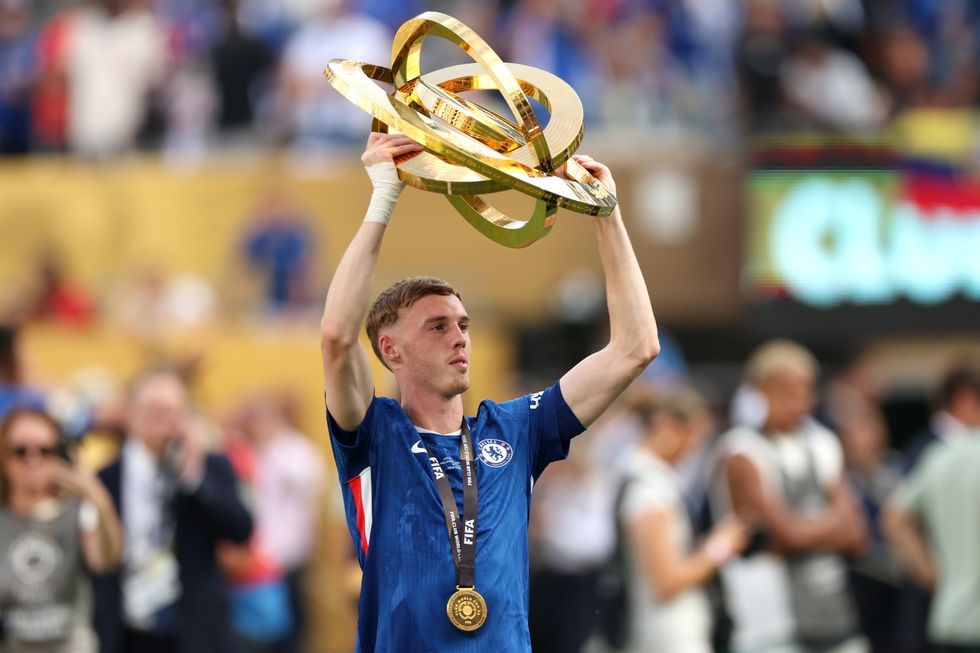
Each player has a value; for example, Mohamed Salah is the most expensive player at £14.5m and the cheapest players start out at £4.0m, and players must build a squad within a budget of £100m to begin with.
That means you can't just put all the best players in - thought has to go into who you think will perform well along with budget options.
You can only select a maximum of three players from each team too, so you can't just pick all players from the very top sides.
Two goalkeepers, five defenders, five midfielders and three forwards need to be picked - by clicking on the plus icon of the silhouette of each player's shirt, it will then show you the players available for selection.
A word of caution - this is where things get a bit technical. These are lots of considerations of what to think about when picking players.
Players with a certain price and at certain clubs can be sorted along with their values - there are a number of values that can be sorted by, such as team selected by %, price and other performance metrics, to help you pick.
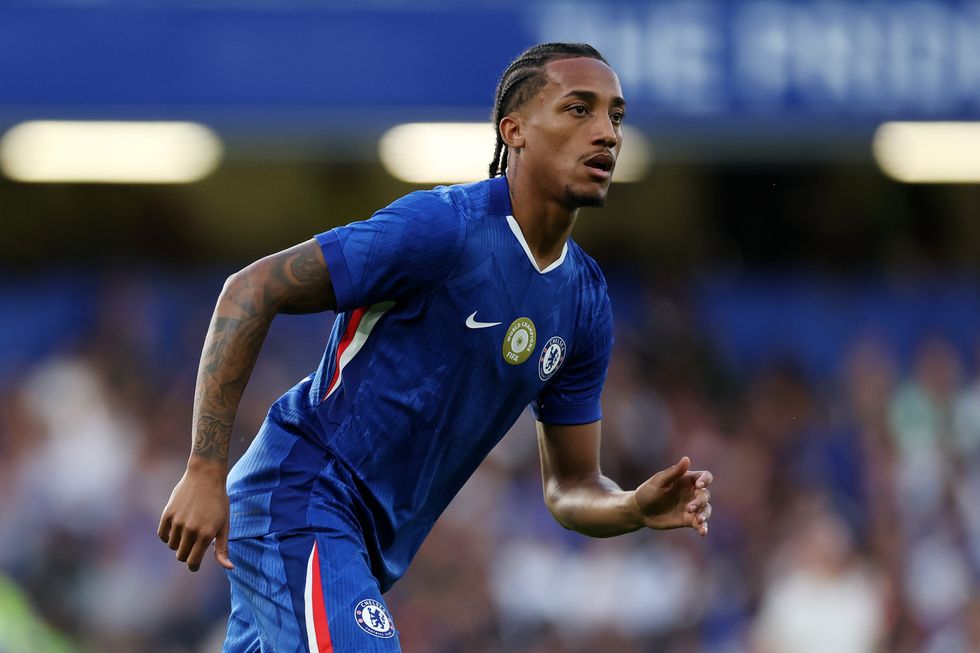
Although a squad of 15 must be submitted, only 11 players score points each week through the course of the season
That's because after you've submitted a squad, you need to pick a starting XI and there are rules here too - only one goalkeeper can be played and you must be able to field a team in a certain formation. A minimum of three defenders must be played at any time so you can't just play all five midfielders and three attackers every week.
Something to consider is the most popular formations are either 3-5-2 or 3-4-3 - midfielders and attackers usually score more points than defenders and goalkeepers and while this has been rebalanced slightly with defensive contributions, better attacking performances will usually yield more points.
There can be three approaches to picking a squad:
- A 'top heavy' starting XI, where you use most of your budget on 11 players and use cheaper 'filler' players to sit on the bench as they won't score points
- A more rounded squad, where the budget is spread out more evenly across all 15 players so they can be switched around more often
- A balanced approach, where one, two or three 'filler' players are included as part of the squad but subs can be switched around fairly easily.
FPL gives a visual guide to how difficult the next three fixtures for players are - green means a difficulty rating of two out of five, grey is three, bright red is four and dark red is five.
This can help form longer-term thinking if certain players have an easier run of games than others.
A captain can be chosen each week, who scores double points, along with a vice-captain, who will get double points only if the player you selected as captain does not play at all; these can be changed each gameweek.
There are no restrictions in who you can swap in and out of your starting XI and bench each week; there are limits on transfers though.
One free transfer can be made each week and these can stack up for a total of five players. If you decide to make more transfers than the number of free available, you can do so, but you will incur a penalty of -4 points for each of these transfers.
This might influence who you pick based off who has an easier or more difficult run of games; if you decide to make transfers, the changes must stay within the budget of your team.
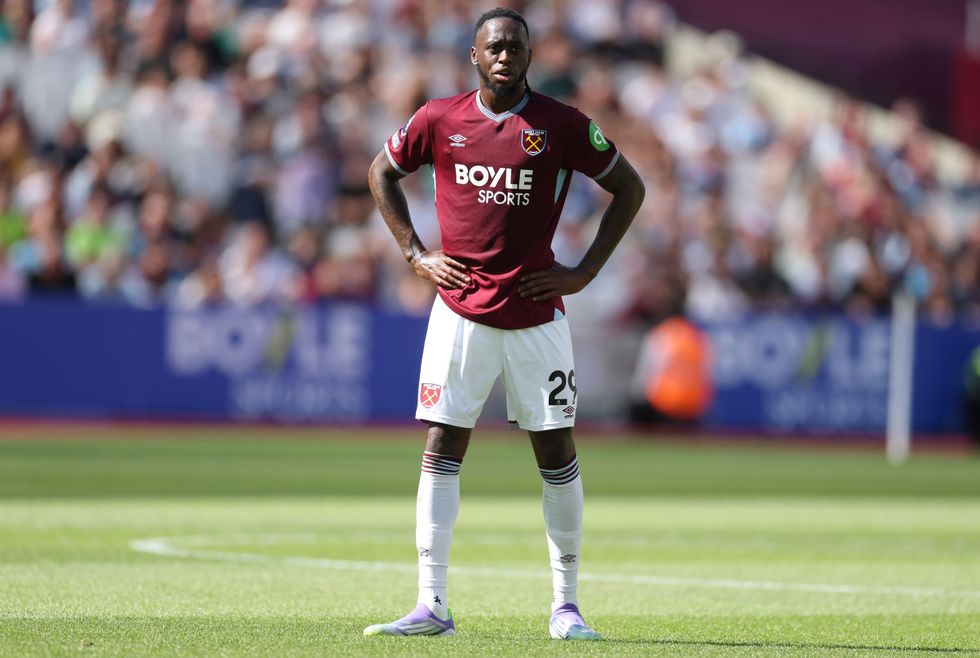
Another thing to consider is that the value of players fluctuate through the course of a season - if players perform well, their value will go up and if they do not or are not selected, values will drop.
This is key because if you have a player whose value goes up, the budget of your squad goes up with it. However, as a word of caution, this can work the other way too.
Let's use Salah as an example here - if he has a good start to the season against Bournemouth in Liverpool's opening game, his value could go up to £14.6m and if you've got him in your squad, the total value of your squad will boost to £100.1m.
But if he doesn't perform well, it could drop to £14.4m and that would drop the value of your squad to £99.9m.
While this might sound like a small change, as this change can happen to every player, it can have a big effect over the course of a season and the value of squads can go up or down by millions, allowing you to grow a better squad or having to cut back.
During the season, there are eight chips that can be played:
- Two Wildcards; unlimited transfers can be made
- Two Free Hits; unlimited transfers can be made but will only be in place for one gameweek. The squad you had before will be back in place once the gameweek the chip is used in finishes
- Two Triple Captains; a selected player gets triple points for that gameweek
- Two Bench Boosts; for one gameweek players can get points from players who are on the bench as well as those in the starting XI
One of each is available in the first half of the season and one of each becomes available again in the second half of the season - chips do not carry over from the first to the second half of the season if they're not played so don't be caught out by that.
While there is a lot to consider, once you're happy with who you've got in your squad and have picked a team that complies with the rules, submit it - this can be tinkered with an unlimited number of times before the Premier League season starts on 15 August and it's best to have some sort of team ready instead of no team at all.
Once the squad is confirmed, be sure to then pick your starting XI, captain and vice-captain for the first game.
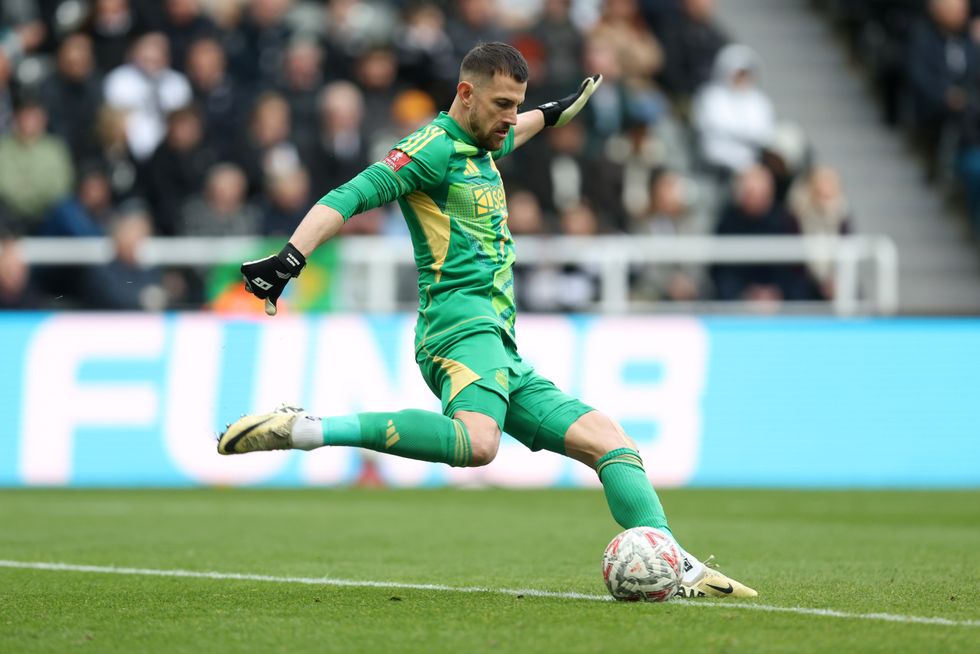
You will then be asked to submit a team name - people usually go for some sort of witty pun tying in with past and present players, for example 'Murder on Zidane's Floor', 'Who Ate All Depays' and 'Haalandaise Sauce'.
This can be changed throughout the season if you think of something better - just make sure it isn't offensive otherwise your account could be deleted.
After that, you'll have the option to create or join any private leagues - perfect for going up against friends and family.
Some public leagues will automatically be joined, such as against everyone in the world, in your country, against fellow fans of your supported club if you've picked one and the gameweek in which you started.
The deadline for any changes in terms of transfers and changes to the starting XI is usually 90 minutes before the first game of a gameweek starts - for example, with the first game between Liverpool and Bournemouth kicking off at 8pm BST (3pm ET / 12noon PT) on 15 August, the deadline would be 6.30pm BST (1.30pm ET / 10.30am PT) the same day.
If the deadline for submitting a squad is missed, players can still play, but they'll be a week behind, registering no points for the first gameweek whereas others will have had a headstart.
Once the gameweek starts, selections are locked in so keep up-to-date with when each gameweek starts and plan accordingly.
Elsewhere from indy100:
- Chloe Kelly's penalty 'faster' than most powerful shot in Premier League last season - people aren't happy
- EA Sports FC 26: Take a look at developers' huge gameplay decision in new teaser
How to join the indy100's free WhatsApp channel
Sign up to our free indy100 weekly newsletter
Have your say in our news democracy. Click the upvote icon at the top of the page to help raise this article through the indy100 rankings.
Top 100
The Conversation (0)
